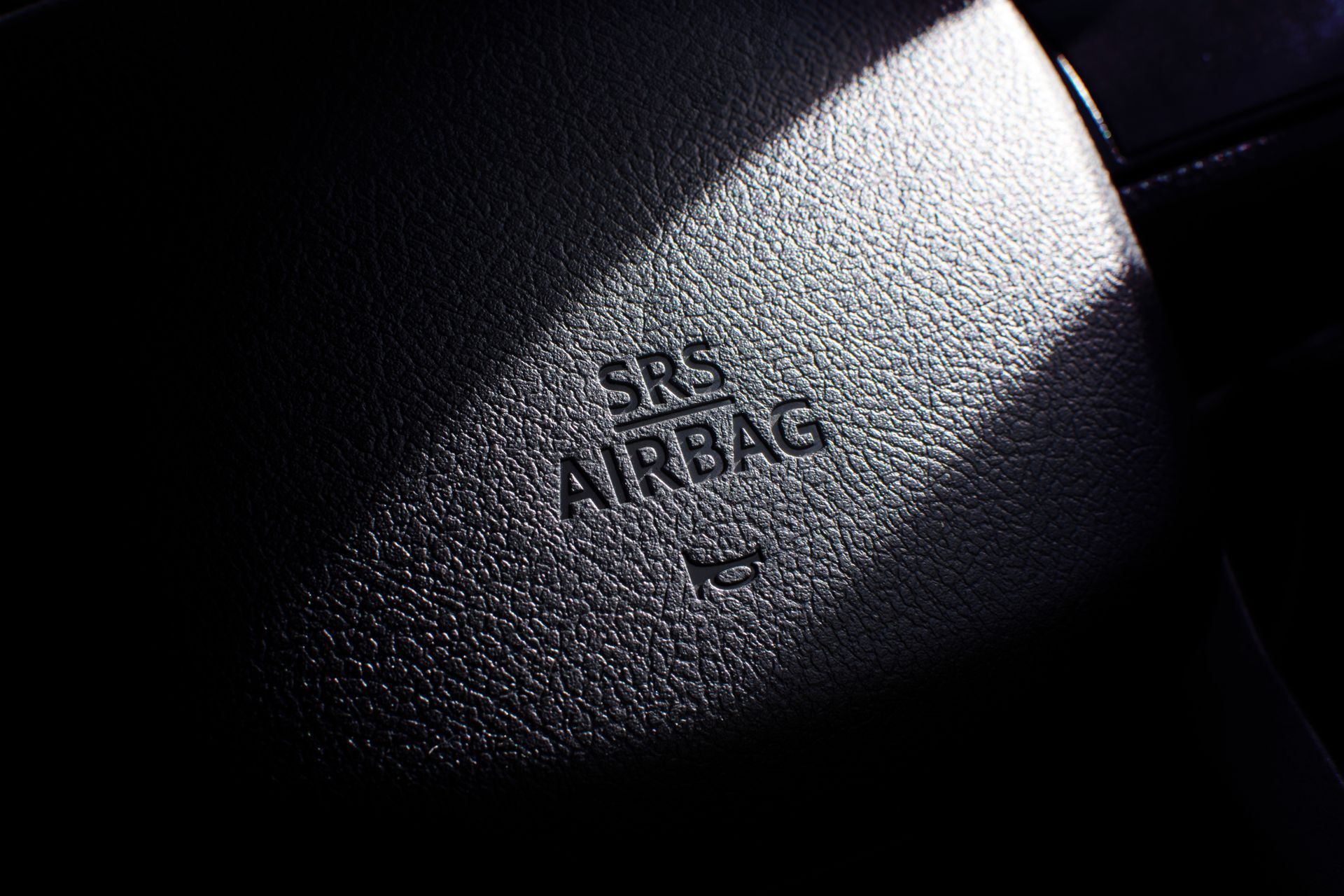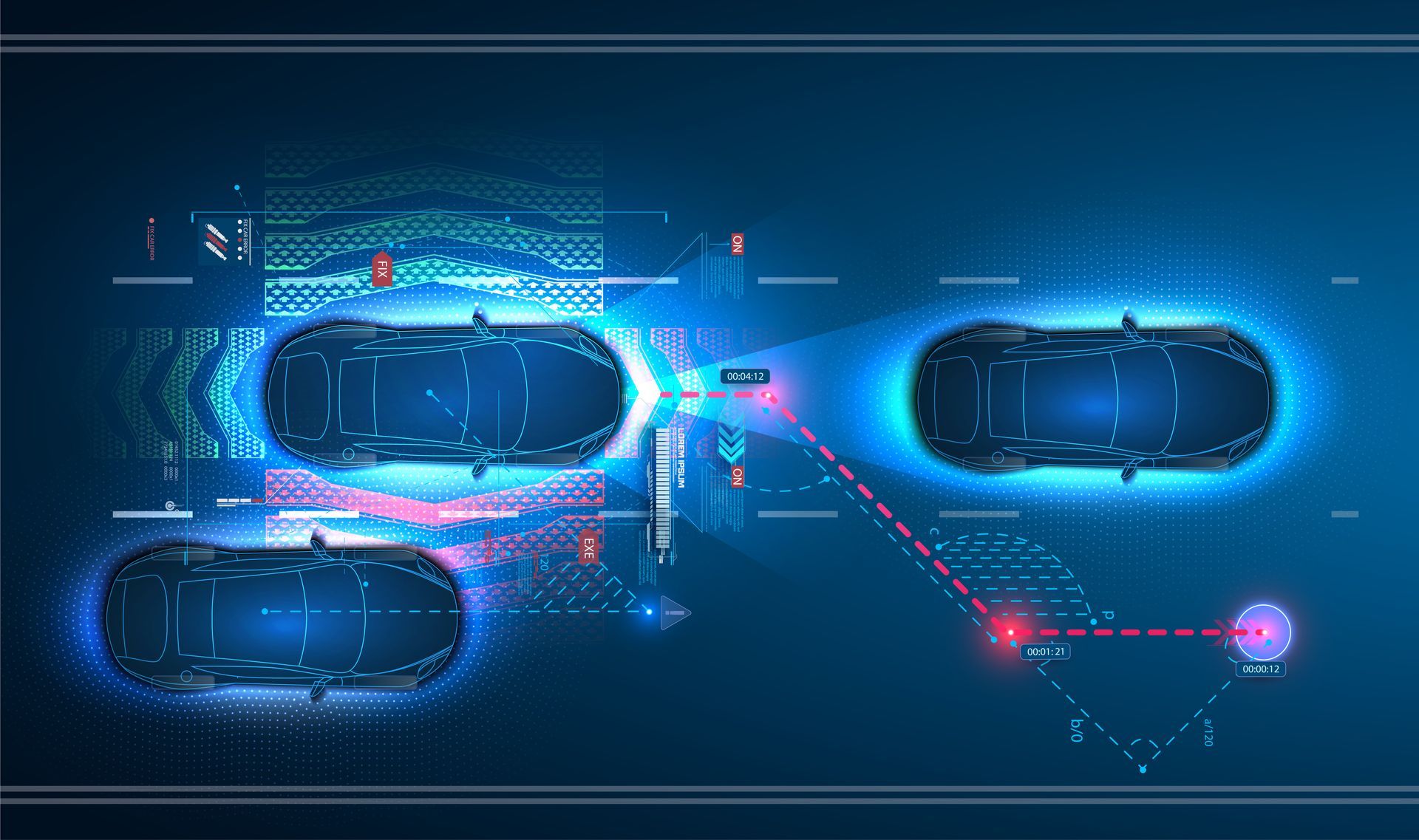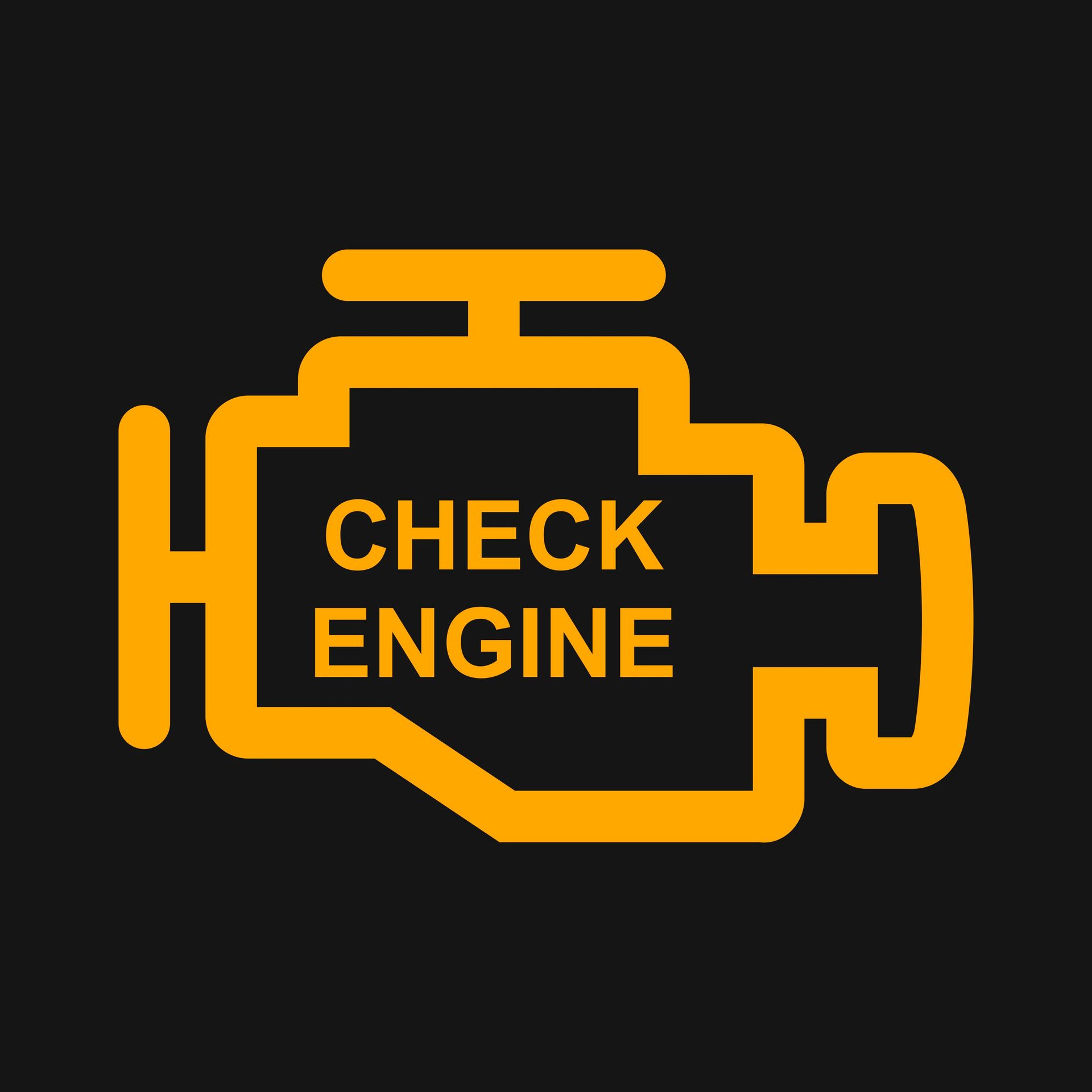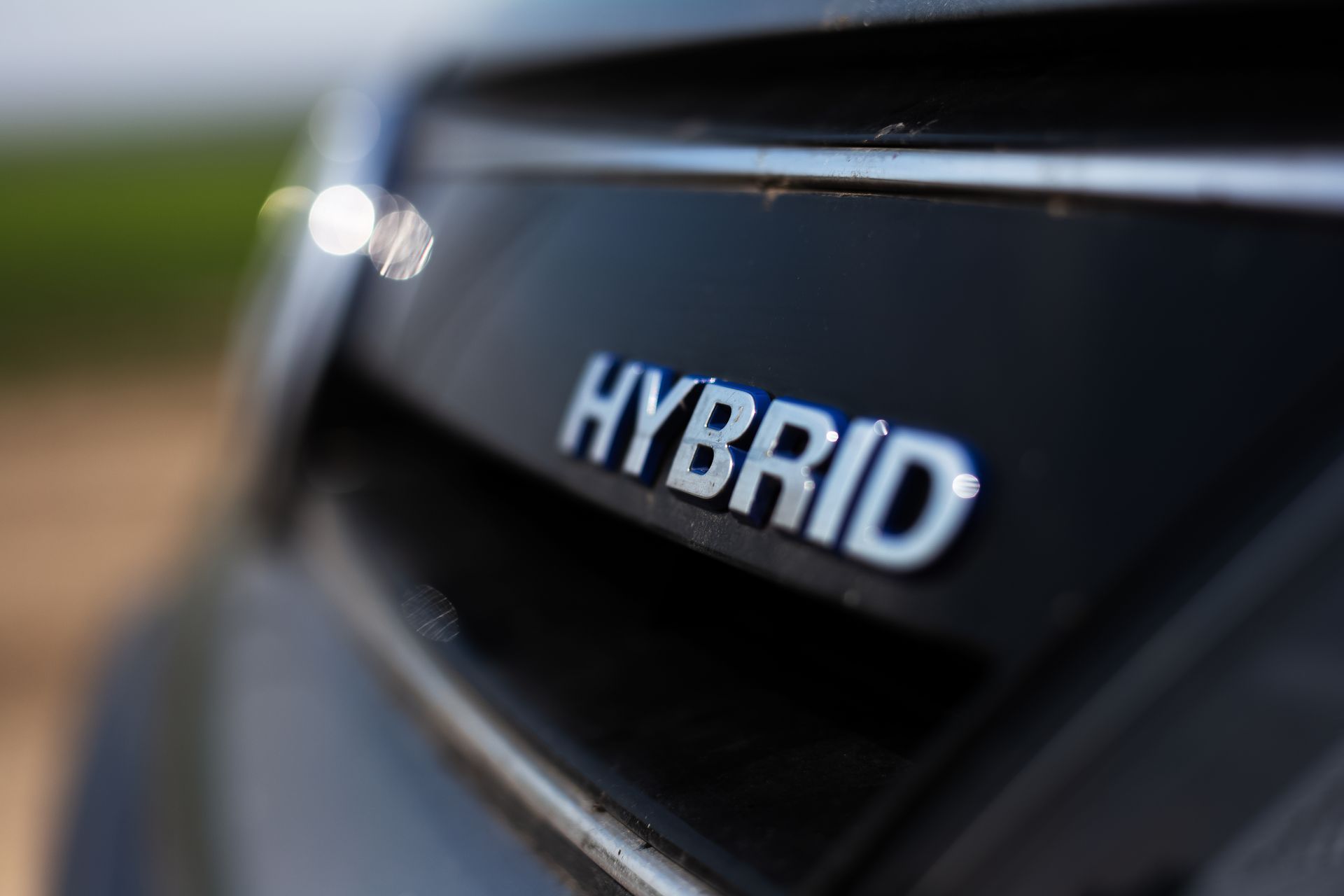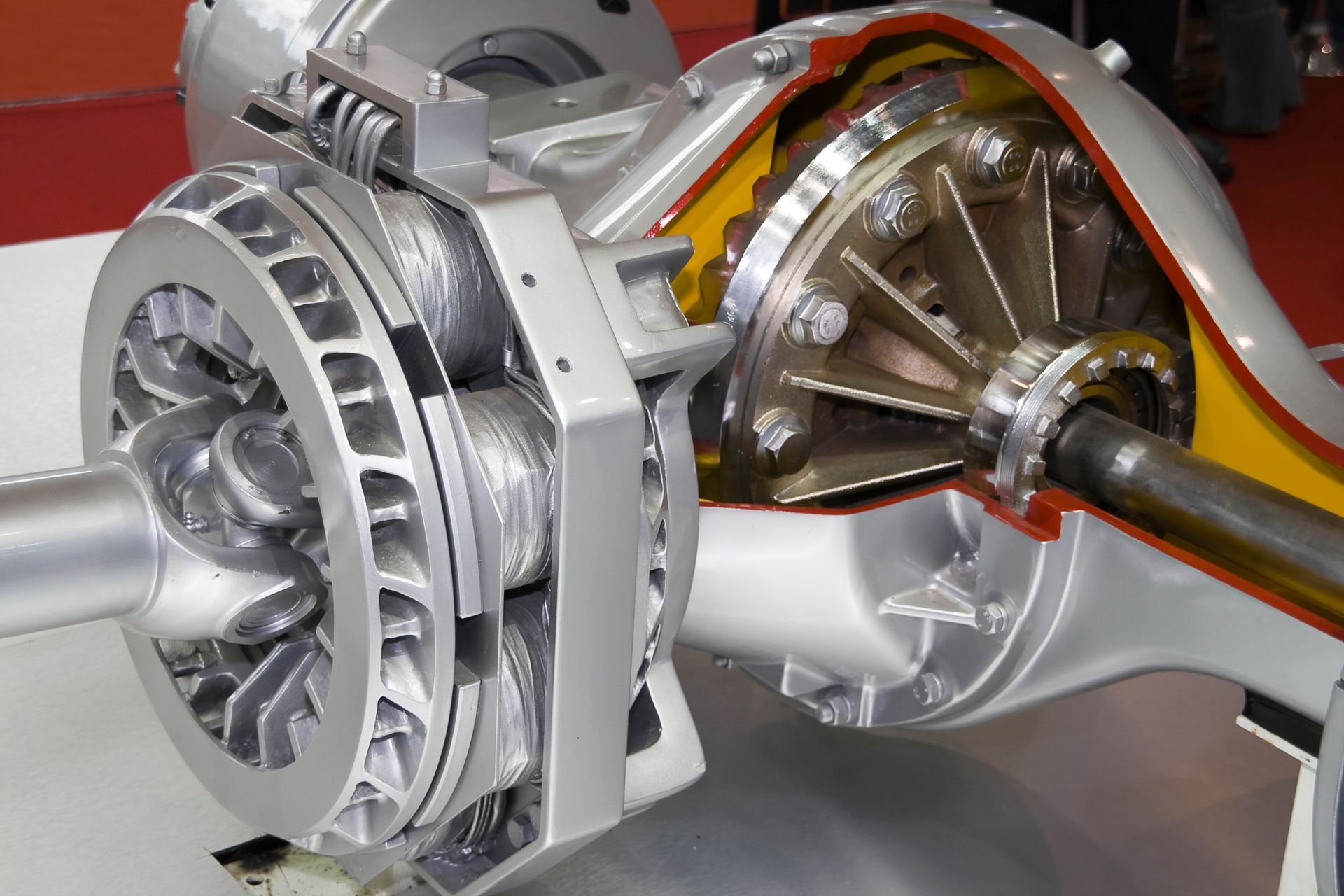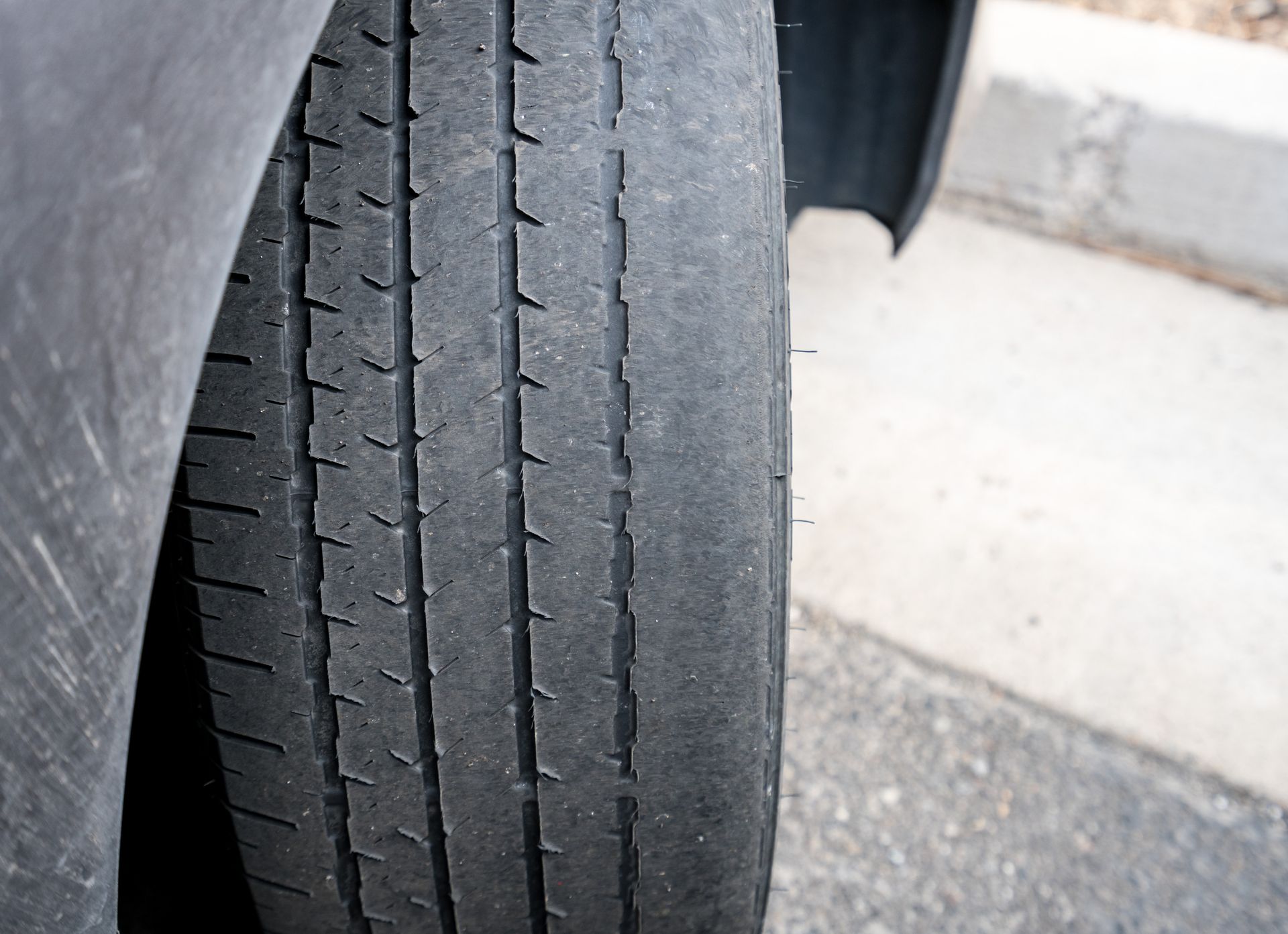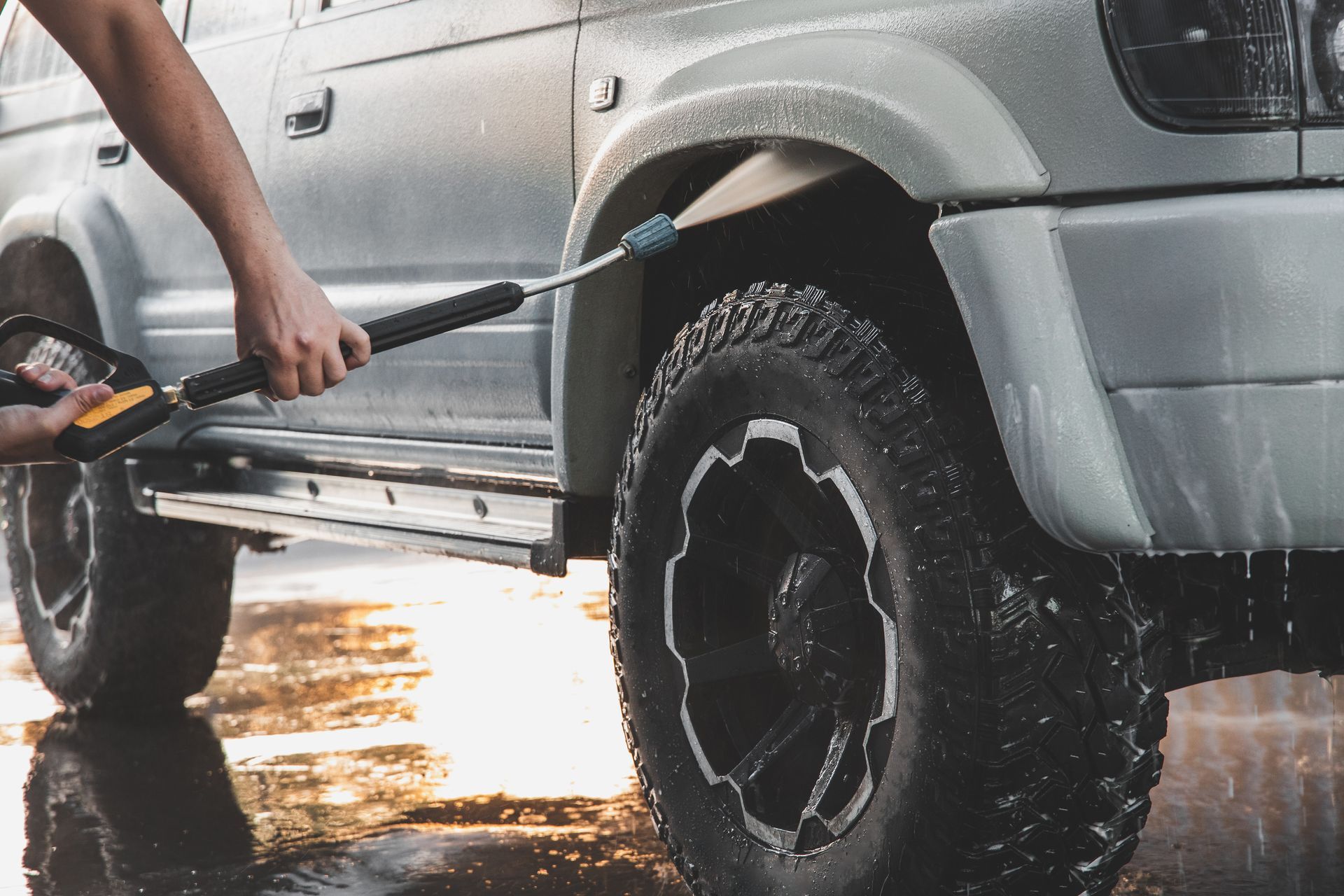Your car’s dashboard is constantly exposed to sunlight, heat, and other environmental factors that can cause it to wear out over time. One common issue is cracking, which not only diminishes your vehicle's appearance but could also affect the resale value. Fortunately, you can take steps to prevent your car’s dashboard from cracking. But how can you protect it?
Why Does Your Dashboard Crack
Before diving into preventive measures, it’s essential to understand why dashboards crack in the first place. A dashboard is often made from vinyl or plastic, which can dry out, become brittle, and eventually crack due to prolonged exposure to UV rays and extreme temperatures. Heat can cause these materials to expand and contract, leading to the formation of unsightly cracks. In colder climates, the opposite happens: the dashboard contracts, making it prone to splits and cracks.
But it’s not just the weather. Everyday wear and tear, exposure to cleaning products that aren't dashboard-safe, or even accidental impact can all contribute to the damage.
Shield Your Dashboard from Sunlight
One of the most effective ways to prevent dashboard cracking is by protecting it from direct sunlight. Over time, ultraviolet (UV) rays break down the chemical bonds in the material, leading to fading, drying, and eventually cracks. Using a sunshade for windshield cover when parking outdoors is an excellent way to block these damaging rays. Even though it might seem like a small investment, this simple accessory can significantly extend the life of your dashboard.
Parking in shaded areas or using a garage can also make a big difference. If you can’t avoid parking in direct sunlight, rotating your vehicle's position every so often can prevent one section of the dashboard from being continuously exposed.
Regularly Clean and Condition Your Dashboard
Cleaning and conditioning your dashboard regularly can go a long way in preventing cracks. Dust and dirt buildup can scratch the surface and weaken the material over time. However, not all cleaning products are safe for your dashboard. Harsh chemicals or alcohol-based cleaners can dry out the plastic or vinyl, speeding up the cracking process.
Instead, opt for cleaners specifically designed for automotive interiors. After cleaning, it’s a good idea to apply a protective conditioner to keep the material hydrated and flexible. A high-quality conditioner will also add a protective layer against UV rays, keeping the surface supple and less prone to cracks.
Use a Dashboard Cover
If you want to add an extra layer of protection, consider getting a dashboard cover. These covers are custom-made to fit your dashboard and act as a barrier against heat, sunlight, and other environmental factors. Not only do they protect your dashboard, but they also provide an aesthetic upgrade to your vehicle's interior.
Dashboard covers come in various materials, including carpet, velour, and suede, allowing you to choose one that matches your style. They also help maintain a more consistent cabin temperature, reducing the risk of heat damage.
Keep Your Car Ventilated
Another important factor that often goes unnoticed is keeping your car ventilated. Extreme temperatures—whether hot or cold—can cause damage to your dashboard. When you leave your car parked for long periods, especially in the sun, temperatures inside can soar, turning the interior into an oven. Cracking is often inevitable in such conditions.
You can prevent this by keeping your windows slightly open to allow for airflow and using the air conditioning system to regulate the temperature inside the cabin when driving. By minimizing the temperature swings your dashboard is exposed to, you can keep it in better shape over time.
Just like your dashboard, your vehicle needs regular attention to stay in great shape. Visit
SCC Performance for
routine maintenance and inspections. Our experienced technicians are here to help keep your car reliable and on the road longer!



